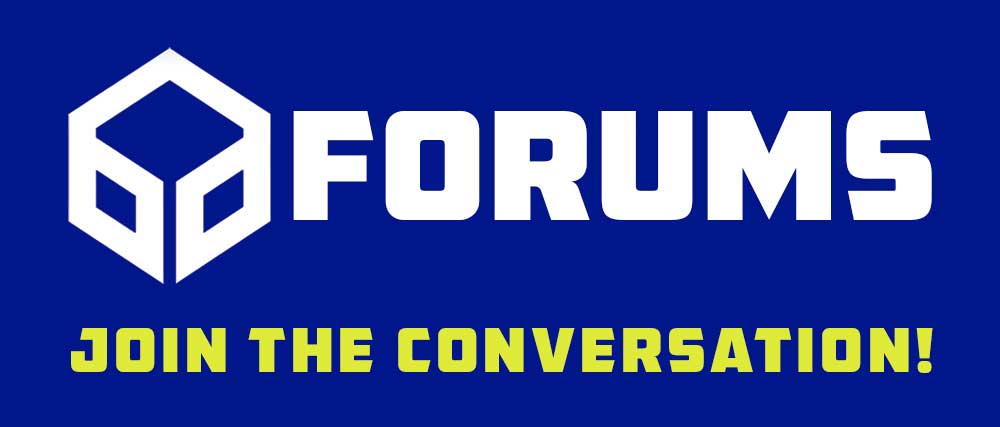Promoting diversity and fostering an inclusive environment
Walt Disney, the iconic entertainment company known for its beloved characters and magical stories, has a rich history when it comes to diversity, equity, and inclusion (DEI). While the journey toward embracing these values has not been without its challenges, Disney has made significant strides in promoting diversity and fostering an inclusive environment over the years.
One of the notable milestones in Disney’s DEI journey was the creation of the Employee Resource Groups (ERGs) in the late 1980s. These groups, such as the African Heritage Employee Resource Group and the PRIDE Employee Resource Group, were established to provide a platform for employees from diverse backgrounds to connect, support one another, and contribute to the company’s growth. The ERGs have played a crucial role in advocating for inclusivity within Disney, organizing events, and offering mentorship opportunities.
In recent years, Disney has taken further steps to promote diversity and representation in its storytelling. With the release of films like “Moana,” featuring a Polynesian princess, and “Black Panther,” highlighting African culture and superheroes, Disney has shown a commitment to showcasing underrepresented voices and narratives. Furthermore, the company has been intentional about diverse casting choices, both on-screen and behind the scenes, ensuring that diverse talents have opportunities to shine.
Additionally, Disney has taken steps to address systemic inequalities. In 2020, in response to the Black Lives Matter movement and the call for racial justice, Disney announced a five-year, $100 million commitment to support organizations that advance social justice and equality. The company also pledged to increase representation and create more inclusive content across all its platforms, recognizing the power of storytelling in shaping societal perceptions.
While Diversity, Equity, and Inclusion (DEI) programs in corporations like Disney are intended to promote equality and foster an inclusive environment, it’s important to recognize that there can be potential negative consequences that arise, even unintentionally. Understanding and addressing these challenges is crucial for creating effective and sustainable DEI initiatives. Here are a few potential negative outcomes to consider: One unintended consequence of DEI programs is the risk of tokenism, where individuals from underrepresented groups may feel they are included solely to meet diversity quotas, rather than being valued for their skills and qualifications. Tokenism; which can lead to feelings of isolation, undermining genuine inclusivity, and perpetuate the idea that diversity is only superficially important.
DEI efforts may face resistance from individuals who perceive them as favoritism or reverse discrimination. To most, this does not come as a surprise. Some employees may feel threatened or marginalized if they perceive opportunities or resources being redistributed to promote diversity. This resistance can create divisions within the organization and hinder progress toward genuine inclusivity. In an attempt to address diversity, there is a risk of unintentionally reinforcing stereotypes or making generalizations about certain groups. This can lead to individuals feeling pigeonholed or not fully seen for their unique talents and experiences. It’s essential to approach DEI programs with nuance, recognizing the diversity within each group and avoiding perpetuation of harmful stereotypes.
DEI programs that focus primarily on one aspect of diversity, such as gender or race, may inadvertently neglect other dimensions of diversity, such as age, disability, or socioeconomic status. This can result in certain individuals feeling overlooked or unheard, further marginalizing already underrepresented groups.Addressing these potential negative consequences requires a thoughtful and comprehensive approach to DEI. It’s important to prioritize open dialogue, ongoing education, and continuous assessment of the program’s impact. Regular feedback from employees and stakeholders, as well as a commitment to adjusting and refining initiatives, can help mitigate unintended negative consequences and ensure that DEI efforts are truly inclusive, equitable, and beneficial for all.








